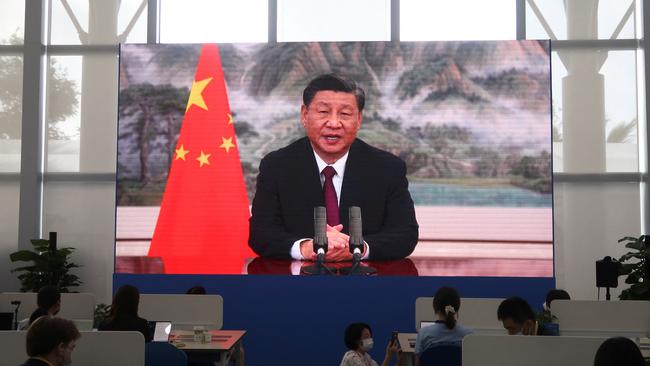
For decades China has been concerned about a looming global food shortage. It saw Australia as a safe place to invest in food production to help insulate the country. The Ukraine war has realised China’s predictions much earlier than expected but sanctions against Australia mean that our part of China’s solution is in disarray.
China’s own food production is being affected because at least 20 per cent of its arable land has been polluted and that figure could be as high as 50 per cent. The rising Chinese middle class no longer trusts its country’s food.
China looked to Australia as an increasing source of clean food but the sanctions and its increasingly aggressive position in the region have alienated both major Australian political parties. Our China stance has become a source of national unity at a time of great division.
And the Chinese economy has been hit hard by the combination of the Covid shut downs and the mess in its property industry.
Sadly Chinese vaccines have also not been as effective as those developed in the West.
The Chinese lockdowns have been far more severe than those in Australia so the impact is causing even greater social division than we experienced.
Xi has been forced into yet another major stimulus program. It is led by measures to boost consumer spending, but like previous efforts, the backbone of the latest Chinese measures is infrastructure spending. This in turn requires China to maintain or increase its imports of iron ore and coal from Australia.
But for Xi there was a light on the horizon. Australian opinion polls showed that the May elections would remove from office the hated Morrison government and its brilliant defence strategist Peter Dutton. In China’s eyes the Albanese government would be much more friendly to the country, which would enable it to backtrack on the sanctions which now sit oddly against the world food shortages.
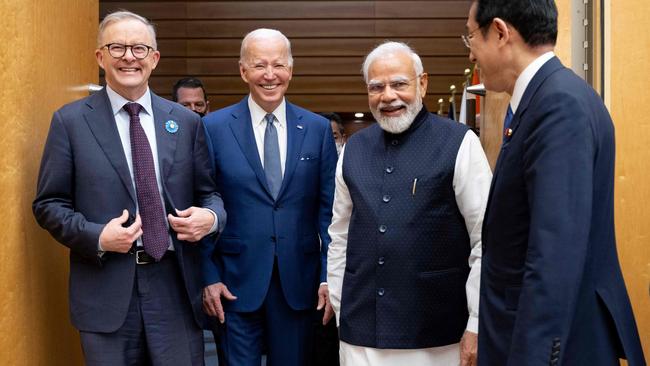
That’s why Xi would have been shocked to see the new Australian Prime Minister hastily sworn in so Anthony Albanese and Foreign Minister Penny Wong could fly to Tokyo to meet with the quad alliance. Worse still, the message from both Albanese and Wong was that if China wanted better relations with Australia, it first had to remove the sanctions.
Wong’s next step after the quad talks will be to tour the Pacific Islands just as China is proposing a deal with 10 Pacific Island nations to cover policing, security and communications, as well as a free-trade agreement. Such attention on the Pacific Islands by our foreign Minister is long overdue.
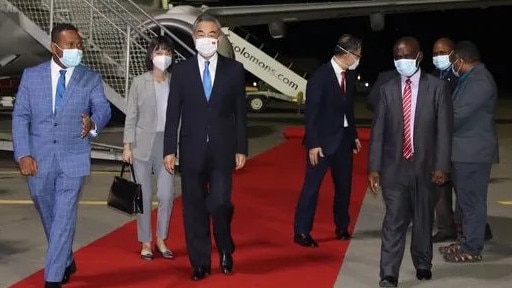
As a dictator, Xi knows that his ability to control a massive Chinese population requires him to deliver increasing standards of living.
That’s why the current stimulus package and an end to the massive lockdowns is vital to the Xi administration. But so is food, particularly clean food.
Like the rest of the world, China saw Australia’s monumental defence equipment blunders as a sign of a nation in deep decay. As defence minister, Peter Dutton dramatically changed that perception by replacing the French submarine disaster with the AUKUS combination to give Australia nuclear submarines. Dutton drove the Quad alliance to provide a bulwark against China and Xi never saw it coming.
Now in Penny Wong we have a foreign minister who looks like using the power of the Australian diplomatic service to increase our presence in region. Likely Defence Minister Brendan O’Connor fully understands the mess that Dutton has been trying to overcome. Dutton has left the frigate disaster for O’Connor and I suggest O’Connor adds the nation’s crazy investment in tanks to his disaster list.
The Australian government change over in foreign affairs and defence is a wonderful illustration for the region of the benefits of democracy.



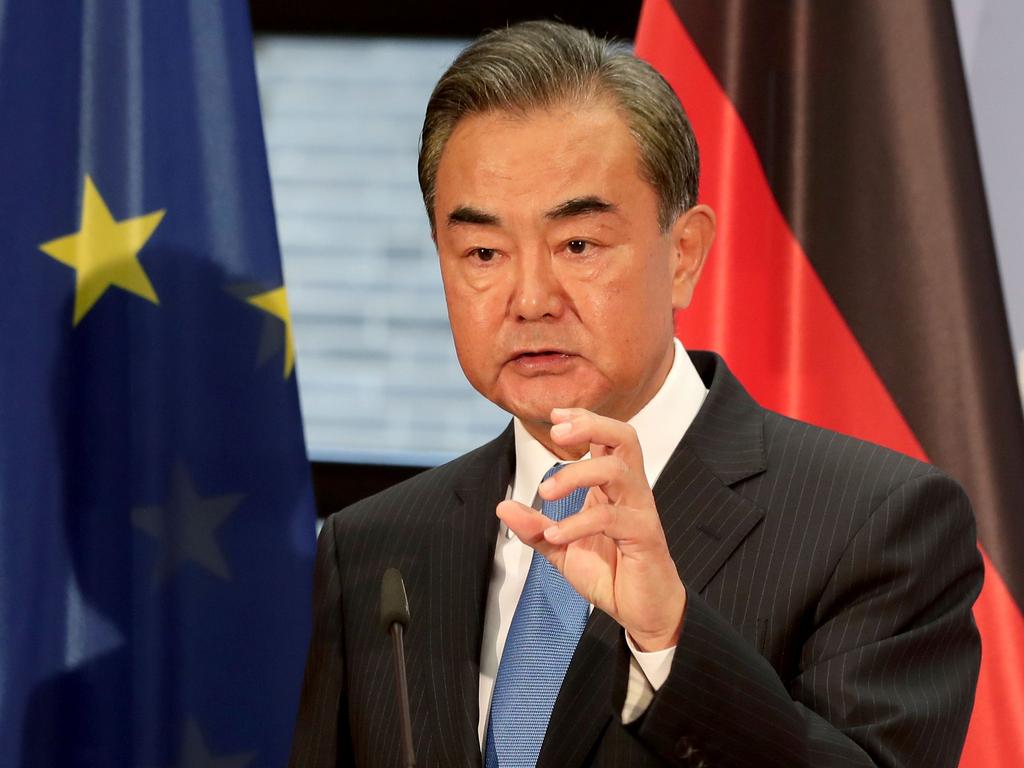
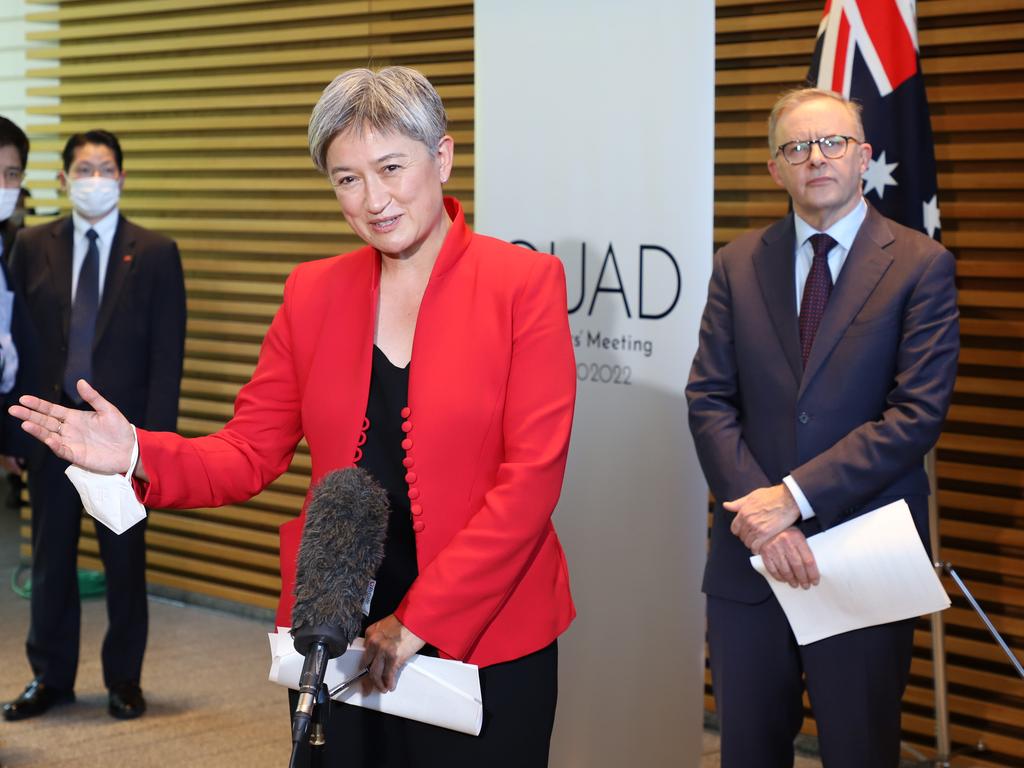



It has not been a good week for Chinese President Xi Jinping.